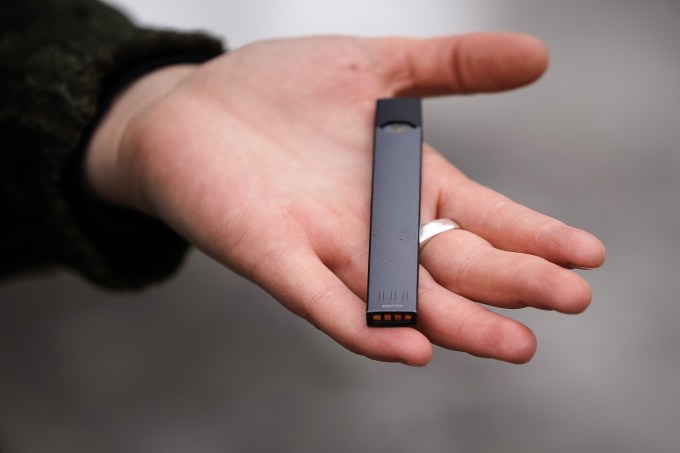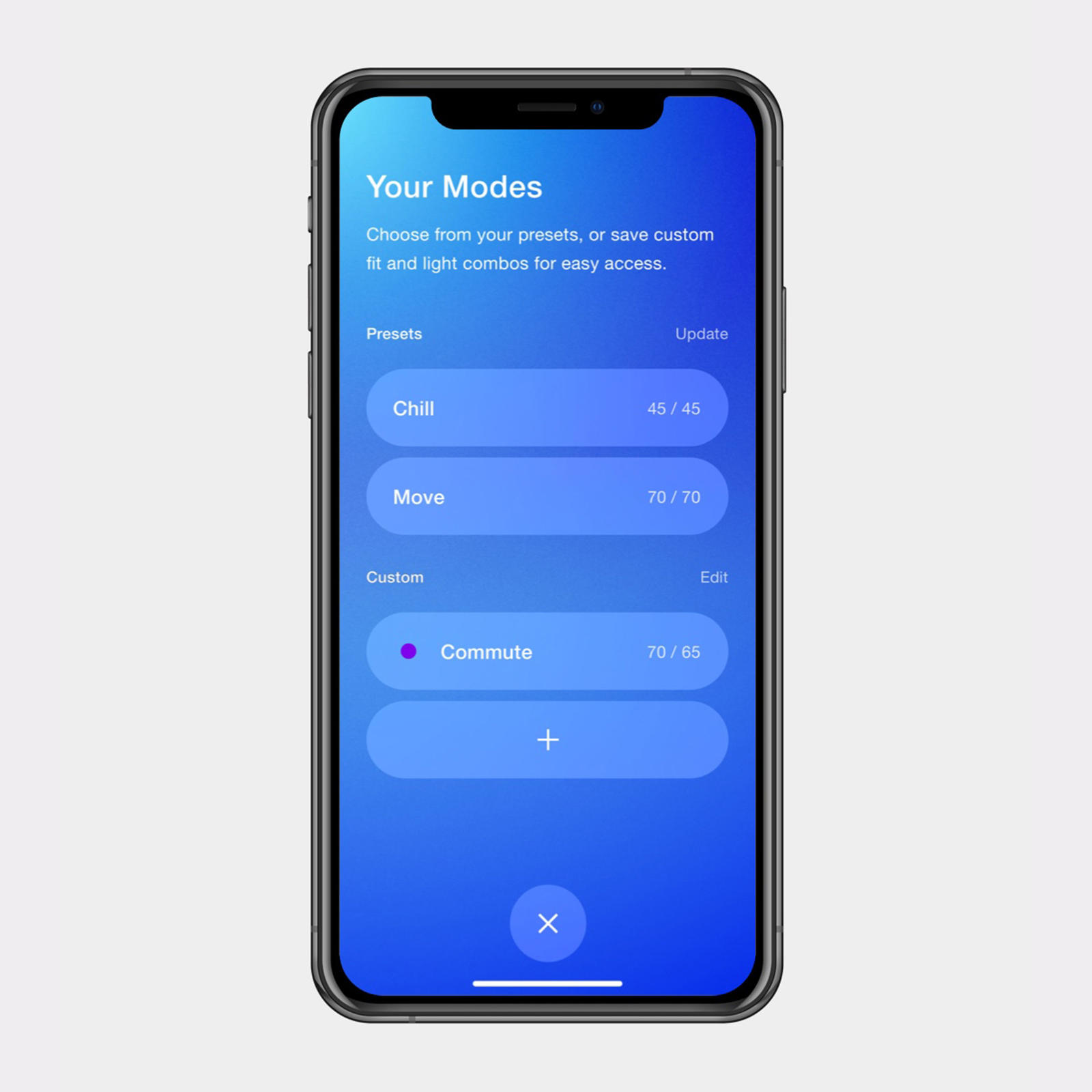Apple isn’t the only smartphone manufacturer planning a big September launch. Huawei’s got a big event on the books as well, set for September 18 in Munich, just over a week after the new iPhones are unveiled. For Huawei, however, the Mate 30 announcement is about more than just smartphones.
The event is effectively the first big handset launch since the embattled Chinese manufacturer was added to the U.S. trade blacklist. The move had seemingly been a long time coming, after years of allegations ranging from spying to sanctions violations, but with the ban in place, the move will mark a key moment of truth for a company that has so far been dependent on offerings from U.S. companies like Google.
The Mate 30, which also marks a push into 5G, could potentially launch without Google apps. The recent U.S. government reprieve only applied to already announced products, according to a statement Google gave to Reuters. Trump has suggested that ban on Huawei products could be lifted with a new U.S.-China trade deal, further clouding the suggestion that the move made purely out of concerns for security.
The smartphone maker gave its own comment to Reuters, noting, “Huawei will continue to use the Android OS and ecosystem if the U.S. government allows us to do so. Otherwise, we will continue to develop our own operating system and ecosystem.”
That last bit is a clear allusion to HarmonyOS. The recently unveiled operating is largely limited to low end handsets and IoT device, but Huawei is also certainly readying itself for a longterm life after Google.
Meanwhile, CNBC is citing a source that suggests the phone will launch with or without Google apps, depending on how things shake out over the next few weeks. That would likely amount to a minor nuisance, requiring users to download them after purchase, while a full out Android brand would prove far more harmful to its bottom line.
It seems quite unlikely at the moment, however, that the company would attempt to launch such a high end device with its own partially baked operation system.
from Android – TechCrunch https://ift.tt/2HyTwow
via IFTTT


